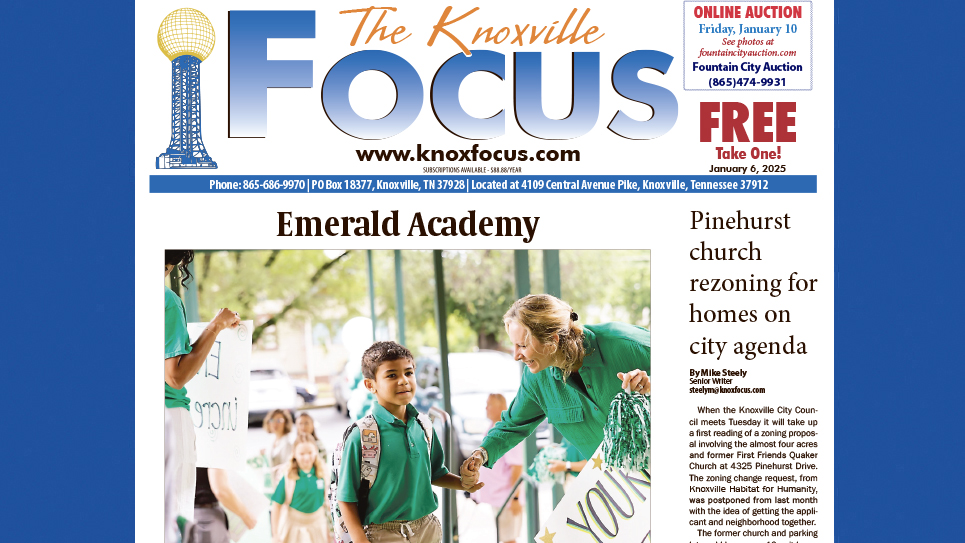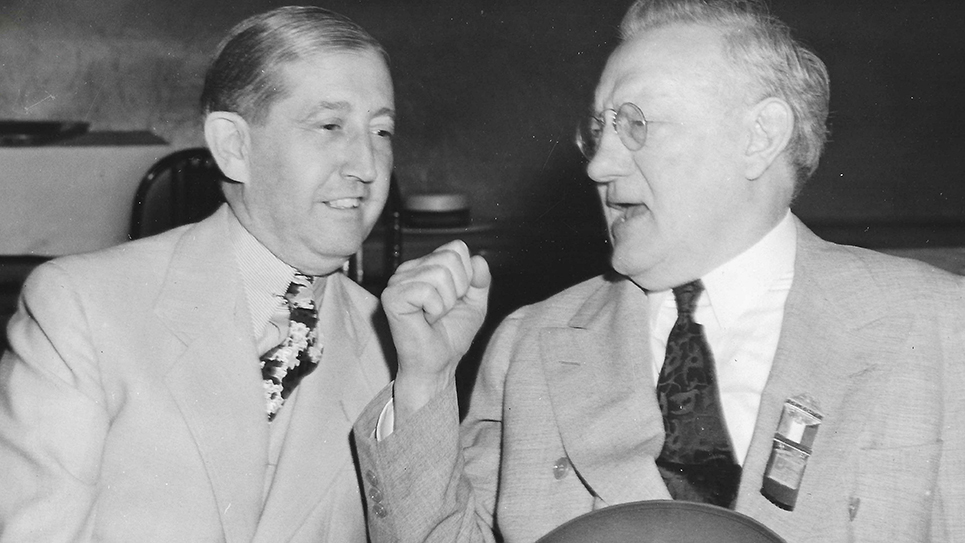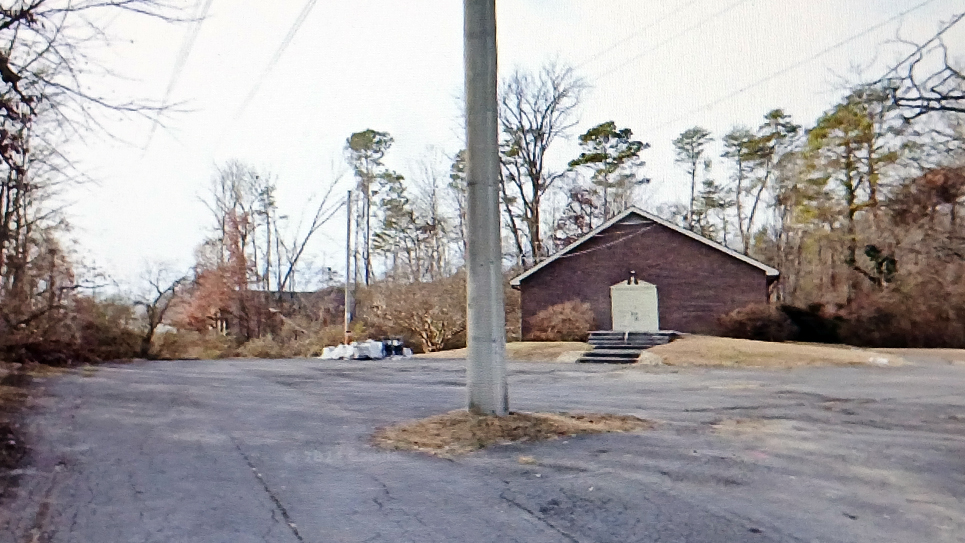If you are reading this essay you will know that the calculations of a so-called Christian numerologist, who predicted the end of the world on Saturday, September 23, 2017, was wrong. I guess it is possible that the world will end the day after this essay is submitted (Friday), but I think it is highly improbable, so I will not take an apocalyptic attitude and proceed with my thoughts.
People have been predicting the end of the world since the dawn of recorded time. In recent years a book interpreting celestial events (Four Blood Moons), as portents of the end, made me think of the hype surrounding the end of the Mayan calendar in 2012 or the Y2K meltdown which never occurred at the dawn of the 21st century.
The Bible is full of soothsayers and apparently they still exist today. Modern diviners predict apocalyptic global warming based on dubious computer models under the guise of irrefutable science. Science is a questioning discipline and to say that there is no longer any doubt takes one into the realm of pseudoscience. Doom and gloom and “end of the world” pronouncements are frequently used to frighten people and to sell advertising on news networks or to manipulate people for political gain.
I am not a fundamentalist so the Bible is less a book of facts for me than a book of truth and wisdom as well as the greatest extant history of a people (Hebrews). And since we are all related, the Bible’s piercing truths are relevant to us all. Jesus was once asked when the end of the world would occur. His answer has become known as “the little apocalypse.” If you’re curious – and you should be – read the Master’s answer to the question in Matthew 24:3-36 or Mark 23:3-27 or the shortest version by fellow “internist” Luke in 21:7-28. You doubt that Luke was an internist in spirit? Read Luke 1:1-4.
It takes considerable effort and time for me to resist the world and intentionally seek a higher level of awareness. Since I am but a man it is an arduous journey to that lofty plane I seek. The pursuit of truth has led me to the concept of intentional living through contemplation, reason and prayerful consideration of the world and my place.
It has always puzzled me why anyone would choose a perspective that there is no inherent meaning to their life and that they function within an impersonal and uncaring universe. In a nutshell, this is existentialism. I choose a larger reality, one that is larger than I or anyone else can fathom. This is not sophistry, but a rejection of solipsism and hubris (good words for the week).
Blaise Pascal was a 17th century French mathematician who wrote the equations defining fluid mechanics. His principles make the power steering of your car function and your brakes work. He felt a need for more than mathematics and science and decided to leave his profession and pursue his relationship with God. Pascal is most famous for the so-called “Pascal’s wager” articulated in his Pensees (thoughts) published posthumously. Pascal said that reason can not decide whether God exists or does not. He says that if you live as if God exists, when you die you gain all. If you gamble that God does not exist you lose everything at death.
Socrates said much the same in 400 BC when he was on trial for treason. He told his prosecutors that if they executed him he would either blink into oblivion or awaken in Paradise and would then get to meet his hero, Homer, who wrote the Iliad. Perhaps Darth Vader, “in a galaxy far far away,” was unaware of Socrates’s logic as he struck down Obi-Wan Kenobi whose essence then became more than Vader could ever imagine.
Humans are constructed with curiosity and a desire to understand things. The two fundamental questions of life are where did we come from? and what is our purpose? Science can help with the first question, but cannot answer the second. I believe humans search for meaning. This desire or need to find our place and purpose is built into the fabric of our DNA. The Master once asked, “What does it profit a man to gain the whole world and forfeit his soul?” That is misguided purpose in a nutshell.
Since the late 1800s a debate has raged within Protestant Christendom. The debate surrounds the interpretation of the Greek word koinonia found in the second chapter of Acts. One group interprets Acts 2:44-45 to mean that social, economic and now environmental justice are the mechanisms to transform the world. The other group believes that the way to transform the world is from the inside out with each individual who will then work to transform the world. I ask why does it have to be one or the other and not both?
Again, some may question my topic for a health and wellbeing section in the Knoxville Focus. Actually, I believe the question of purposeful and intentional living is more fundamental to the human experience and health than an essay on, for example, the differences between degenerative and inflammatory arthritis. These can be summed up in only a few words: if you are stiff and sore you may have degenerative arthritis; if you are stiff and sore and your joints are red, hot and swollen you may have an inflammatory condition like rheumatoid arthritis. The question of purpose is far more complex.
There is a Hindu philosophy that says there are many paths to a mountaintop. I know my pathway to enlightenment and salvation. Others must choose their own path. It is not my job to judge them, which implies condemnation. And since God made us mortal and fallible, I suspect that He/She/Spirit cuts us a lot of slack.
The answer is to intentionally “Seek and you shall find.” This is a profound truth and promise. “It will make life better now and there is the hope of then.”






